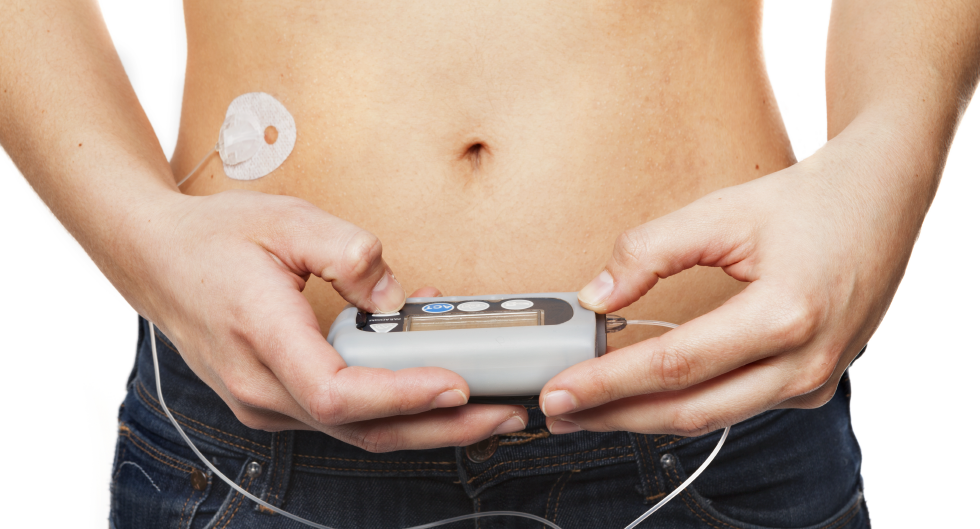Almost a year after the Government announced the program for universal access to state-of-the-art insulin pumps, none of these devices have yet been purchased and made available to users, warned the Portuguese Society of Diabetology (SPD).
Speaking to Lusa regarding the 20th Portuguese Diabetes Congress, which starts today in Vilamoura, the president of the SPD, João Raposo, regretted the delay of the program announced in May last year, remembering that the most recent information indicates that only this week The international public tender for the acquisition of insulin pumps by the Portuguese State was announced.
The program for treatment with state-of-the-art insulin pumps was announced in May 2022 by the Minister of Health, Manuel Pizarro.
At the time, the government official explained that it was estimated that the program would cover 15 thousand people with type 1 diabetes and that patients should start receiving the devices in 2023.
The order published at the time explained that the program was the result of work carried out by a group set up in 2022 that estimated the existence of around 30.000 people affected by the disease in Portugal, assuming that half would be indicated for treatment using automatic perfusion systems.
To Lusa, João Raposo recalled that this program covered children and adults “who have been left behind in accessing this technology”, lamenting the “heavy and time-consuming bureaucratic processes”.
State-of-the-art insulin pumps have a sensor that permanently measures the patient's blood glucose level, adapting the insulin dose needed throughout the day. In the older ones, the patient had to measure the blood glucose index himself (by pricking his finger) and enter the data into the equipment.
The president of the SPD also warns that type 1 diabetes, “despite typically starting in pediatric age, also affects adults”.
“By delaying this process of placing hybrid pumps, if we do not provide a door of hope for adults with type 1 diabetes, we are really delaying access to a therapy as important as this”, he added.
João Raposo also considered that these delays have “a direct impact on the quality of the service provided in accessibility” and asked for greater capacity to speed up processes.
“It would be good that the process had evolved to keep up with the necessary agility, because we don't know of many other areas in healthcare that have such a complex process that takes so long. In fact, they end up disappointing the expectations of people with diabetes and have a direct impact on the functioning of health services,” he said.
Data released in May last year indicated that, in the last 12 years, 4.710 subcutaneous insulin infusion pumps had been placed.
Lusa questioned the Ministry of Health about the progress of the access program announced about a year ago, but did not receive a response in a timely manner.



















Comments